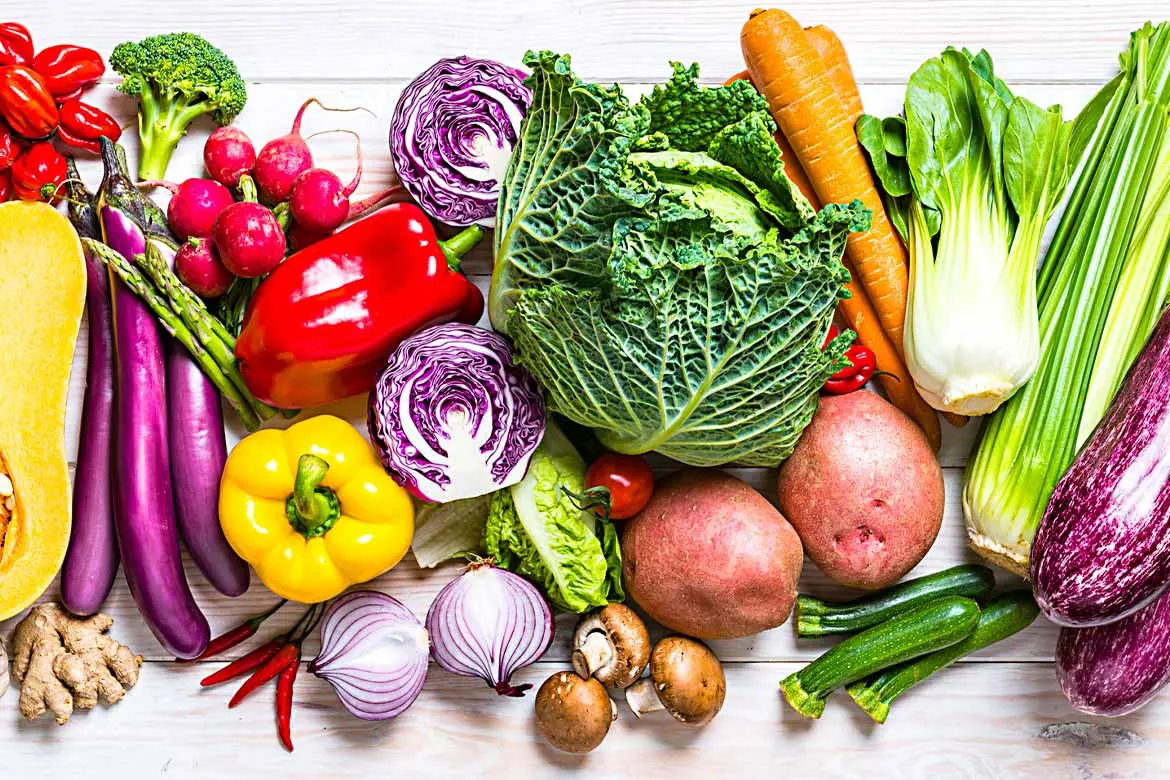Looi Bee Hong
Dietitian


Nguồn: Getty Images
Dietitian
Sau phẫu thuật, ưu tiên của bạn sẽ là tập trung vào việc làm lành vết thương và hồi phục. Ăn uống tốt và đủ chất sẽ giúp bạn lấy lại sức khỏe và hồi phục nhanh chóng, trong khi ăn không đủ (hoặc ăn những thức ăn sai) có thể dẫn đến suy dinh dưỡng, vết thương lành lặn chậm và tăng nguy cơ nhiễm trùng.
Hãy luôn tham khảo ý kiến của bác sĩ và/hoặc chuyên gia dinh dưỡng về chế độ ăn uống sau phẫu thuật, vì nhu cầu dinh dưỡng của mỗi người khác nhau dựa trên tuổi tác, giới tính, chiều cao và cân nặng, bất kỳ tình trạng sức khỏe nào có trước đó, và loại phẫu thuật bạn đã trải qua.
Các loại thực phẩm nhất định có thể có lợi sau một cuộc phẫu thuật để hỗ trợ quá trình hồi phục và lành lặn. Như một quy tắc chung, biết rằng bạn sẽ cần nhiều calo, protein, chất lỏng, vitamin và khoáng chất hơn trong quá trình hồi phục.
Một khi bác sĩ cho phép bạn tiêu thụ thức ăn rắn sau phẫu thuật, hãy xem xét bao gồm những thứ sau trong chế độ ăn của bạn:
Rất quan trọng khi ăn một lượng protein đủ sau phẫu thuật vì cơ thể bạn cần nhiều protein hơn để làm lành vết thương. Protein cũng giúp xây dựng cơ bắp và cải thiện hệ thống miễn dịch. Ví dụ về nguồn protein bao gồm:
Carbohydrate là nguồn năng lượng chính cho cơ thể bạn. Thay vì carbohydrate tinh chế, hãy chọn ngũ cốc nguyên hạt vì chúng giàu chất xơ, giúp ngăn ngừa táo bón và cung cấp các dưỡng chất quan trọng hỗ trợ lành lặn vết thương sau phẫu thuật. Ví dụ về ngũ cốc nguyên hạt bao gồm:
Ngoài chất xơ, trái cây chứa các dưỡng chất quan trọng như vitamin C để tái tạo collagen và các mô mềm, cũng như hỗ trợ quá trình hồi phục vết thương. Ăn nhiều trái cây màu cam, đỏ và xanh. Thức ăn giàu vitamin C bao gồm:
Giàu vitamin và khoáng chất, rau củ cũng là nguồn chất xơ thiết yếu, cần thiết để ngăn ngừa táo bón. Ví dụ về rau củ giàu chất xơ bao gồm:
Giống như carbohydrate, chất béo cũng là nguồn năng lượng tốt. Khuyến nghị nên tiêu thụ một lượng chất béo lành mạnh đủ sau một cuộc phẫu thuật. Các lựa chọn lành mạnh hơn (ít chất béo bão hòa hơn và nhiều chất béo không bão hòa hơn) bao gồm:
Sắt là thành phần chính của hemoglobin, một loại protein trong hồng cầu mang oxy từ phổi đến tất cả các bộ phận của cơ thể. Thiếu sắt có thể dẫn đến mệt mỏi hoặc yếu đuối. Hãy xem xét bao gồm thực phẩm giàu sắt trong chế độ ăn sau phẫu thuật để bổ sung hồng cầu. Ví dụ về thực phẩm giàu sắt bao gồm:
Canxi rất quan trọng cho xương và răng chắc khỏe. Ngoài ra, canxi cũng đóng vai trò quan trọng trong quá trình đông máu, giúp co bóp cơ bắp và điều chỉnh nhịp tim và chức năng thần kinh bình thường.
Sữa là một trong những nguồn canxi phổ biến nhất. Các nguồn canxi tốt khác bao gồm:
Cuối cùng nhưng không kém phần quan trọng, việc duy trì đủ nước sau một cuộc phẫu thuật rất quan trọng, vì cơ thể bạn sẽ cần nhiều chất lỏng hơn trong quá trình làm lành vết thương. Mất nước có thể khiến da bạn dễ bị tổn thương hơn. Hãy xem xét uống nhiều hơn:
Mức đường huyết có thể tăng sau phẫu thuật, vì vậy nên tránh thức ăn chứa nhiều đường tinh chế như bánh ngọt, bánh quy, sô cô la, đồ uống có đường và nước ngọt.
Nên tránh rượu vì nó có thể tương tác với các loại thuốc giảm đau được kê đơn và làm giảm hiệu quả của thuốc. Rượu cũng có thể gây mất nước và ảnh hưởng đến quá trình lành lặn vết thương.
Hầu hết thực phẩm chế biến chứa rất ít chất xơ, vitamin, khoáng chất và dưỡng chất. Chúng cũng có thể chứa nhiều chất bảo quản, natri, chất béo và đường. Bạn nên tránh thực phẩm chế biến như đồ ăn nhanh, khoai tây chiên và bánh snack.
Vì tình trạng của mỗi người là duy nhất, hãy nói chuyện với bác sĩ và/hoặc chuyên gia dinh dưỡng của bạn để nhận lời khuyên về chế độ ăn uống cá nhân hóa phù hợp với quá trình hồi phục của bạn.
Ăn uống tốt giúp bạn hồi phục nhanh hơn, tăng cường mức năng lượng và ngăn ngừa táo bón và mệt mỏi sau phẫu thuật. Bằng cách lựa chọn thức ăn tốt, cơ thể bạn có thể hồi phục ổn định hơn, giúp bạn lành lặn nhanh chóng để bạn có thể quay trở lại các hoạt động thường nhật.